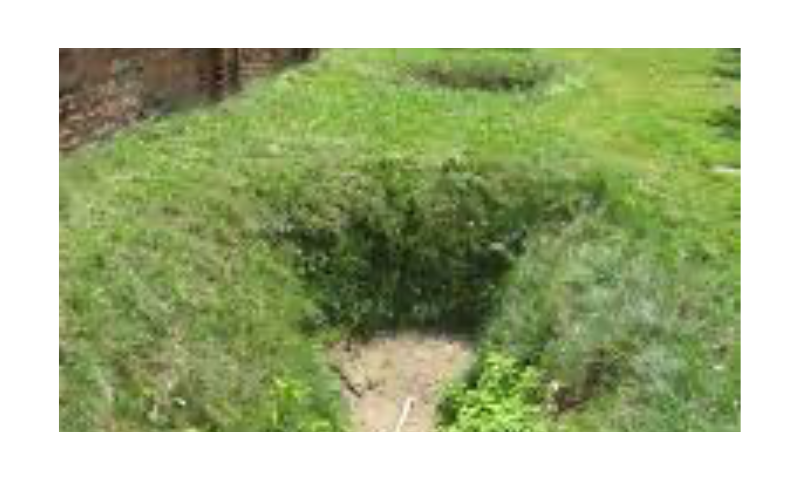Machla Abramovitz
Mishpacha Magazine, July 19, 2017
“As tragic as their lives in the ghetto were Rosenzweig’ relatives and the thousands of others who perished were given a gift — most of them were brought to kever Yisrael in individually marked graves their death records intact as opposed to the horrifying fate of being buried in an anonymous mass grave.”
It was a clear cold day in Poland this past March as Toronto resident Yosef Rosenzweig stood alone in a forest bundled in his winter jacket crunching the dry leaves underfoot that carpeted the grounds.
The stately trees all around bare of foliage at winter’s end seemed to be guarding the tombstones protruding out of the slumbering undergrowth.
The quiet may have been broken by the wind as it swept over the crackling leaves but if so Yosef was unaware. Within this vast forest Yosef was focused on a slab of concrete darkened by age with celadon-colored moss seeping from its side on the stone plate engraved with a name and date of death and on the mournful melody of the Keil Maleh Rachamim that he was softly chanting. Resting beneath this concrete were the remains of his grandmother’s sister Dina Dzialoshinski who passed away in 1943 at the age of 13 from typhus. She was one of 45 000 Jews buried here in the Lodz Ghetto Field who perished in the ghetto either from starvation disease shootings hangings or other forms of brutality at the hands of the German Reich.
This was 26-year-old Yosef’s first trip to Poland to pray at the gravesites of his great-aunt and two great-great-grandmothers. Yosef and his family are fortunate — there are graves to which they can come and yahrtzeit dates that can be commemorated — yet until 2003 the Rosenzweigs had no idea that these graves existed let alone the precise date of their relatives’ deaths. Like many descendants of victims of the Holocaust for decades they were sure there were no records.
But 14 years ago, Yosef’s father Shlomo Rosenzweig was informed otherwise. On a trip to Israel and a visit to Kiryat Arba Rosenzweig met with the rosh yeshivah of Yeshivat Otniel — Rabbi Benny Kalmanson — who is also a noted Holocaust historian. When Rosenzweig mentioned to Rabbi Kalmanson that his mother was a survivor from Lodz the rabbi connected him to Rabbi Symcha Keller who is currently chairman of the Union of Jewish Communities in Poland and who was at the time president of the Lodz Jewish community a position he held for 20 years.
… [To read the full article, click here]
Machla Abramovitz is the CIJR Publications Editor


